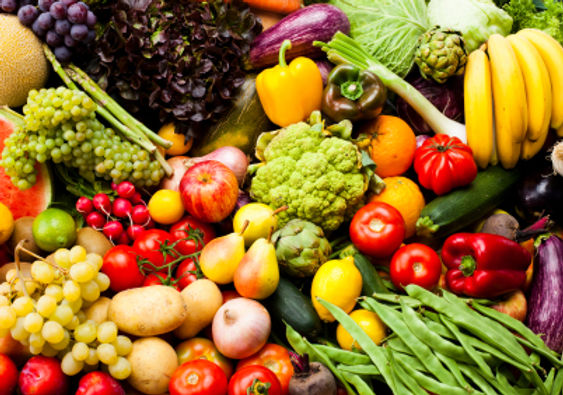

LIPOSOMES
Drug Delivery Vehicles of the Future

Liposomes have been studied as vehicles that can shield reactive or sensitive compounds prior to release. According to a paper titled, Liposome Nanocapsules in Food and Agriculture by TM Taylor and others, “Liposome entrapment has been shown to stabilize encapsulated, bioactive materials against a range of environmental and chemical changes, including enzymatic and chemical modification, as well as buffering against extreme pH, temperature, and ionic strength changes. Liposomes have been especially useful to researchers in studies of various physiological processes as models of biological membranes in both eukaryotes and prokaryotes”. In the food and agricultural industries, these liposomes can be used as delivery vehicles for food flavors, ingredients, nutrients, nutraceuticals, additives, and vitamins. They can also be used to insert antimicrobials into a food product, which could help prevent foods from spoiling or becoming infected by pathogenic microorganisms. [Citation 49]
Using liposomes in the agriculture and food industries has many advantages in improving food conditions and nutrient content
[Image Citation 51]
